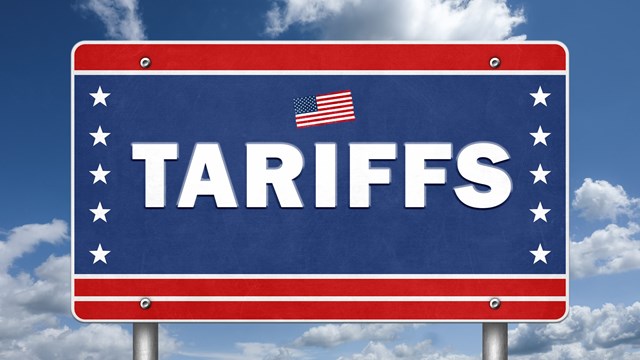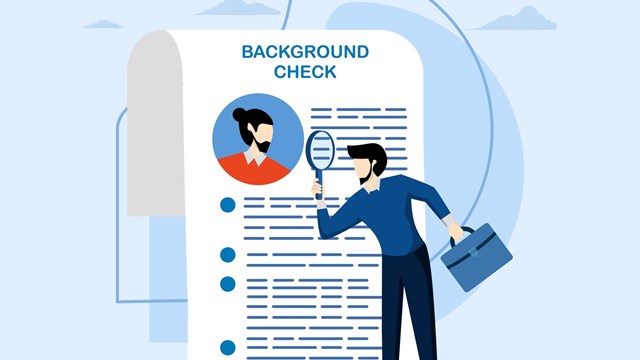U.S. Congressman Tom Reynolds (D-NY) has introduced legislation to remove an inequity in the tax code that penalized seniors and middle income homeowners from taking a deduction on their tax returns for any mortgage interest they had accumulated in the purchase or refinancing of their primary residence.
Reynolds' legislation - the Homeowner Refinance Fairness Act of 2002 - was introduced in the Congress September 5 and was referred to the Committee on Ways and Means. The legislation was suggested by Bellmarc Companies principal Neil Binder, who says that the bill is likely to be included as an amendment in President George W. Bush's tax reform package.
The proposed legislation will amend the Internal Revenue Code of 1986 under Section 163(h)(3)(B)(i) to repeal the provision that limited the interest deduction on refinanced home mortgage indebtedness to the amount of indebtedness being refinanced. In most instances, a homeowner may deduct interest relating only to the amount of the mortgage being replaced, plus another $100,000 relating to an equity credit line, according to Binder.
Anyone who owns a home should be entitled to this deduction, says Binder, and the current tax code doesn't distinguish between new financing and refinancing. The homeowner should be able to obtain whatever interest they originally gained from a home purchase without penalty, says Binder. "Under this new legislation they'd be able to get the same amount, except if it was a new acquisition. They could get up to a $1 million one-hundred thousand under any circumstances, regardless of whether it was a new purchase. Basically, they wouldn't get penalized for it."
The bill gives all taxpayers the right to take a deduction on their tax returns for any mortgage interest associated with a primary residence or qualifying vacation home, regardless of whether the mortgage is for an initial purchase or due to refinancing, Binder says.
For example, a senior citizen that has paid off their $150,000 mortgage after 30 years, and obtains a new mortgage is not entitled to any deduction because no mortgage is being replaced. In a second instance, a homeowner that decides they need to sell their home and purchase a new home, applies for a new mortgage. Since this was not a replacement mortgage, they too are not entitled to any interest deduction, except for the first $100,000, which is designated as an equity credit line, according to Binder.
Homeowners should not be penalized just because they seek to refinance their home or purchase a new home, says Reynolds. "The right to a deduction should not be denied or limited to any homeowner," says Congressman Reynolds, "whether it is for a home that has been newly acquired or refinanced. This bill was originally proposed to me by Mr. Binder, who vigorously sought to rectify the inequities of the current tax laws."
If the code is corrected through this legislation, it is anticipated to save homeowners millions of dollars and this should especially benefit senior citizens and those on fixed incomes, according to Binder. "I think the proposed act will create a level playing field for people who buy a home or refinance a home, without any distinctions as to when the loan was obtained," says Binder.
The legislation is still under committee review, Binder says, but is dependent on how the president's tax package proceeds through the Congress.
Binder, a principal in Bellmarc Companies, a residential brokerage and property management firm in New York City, is also a certified public accountant and the recipient of a masters of finance from New York University. He is the author of "The Ultimate Guide to Buying and Selling Co-ops and Condos in New York City," and just completed his second book, "The Art of Selling: A Scientific Approach," which will be released in 2003.







Leave a Comment